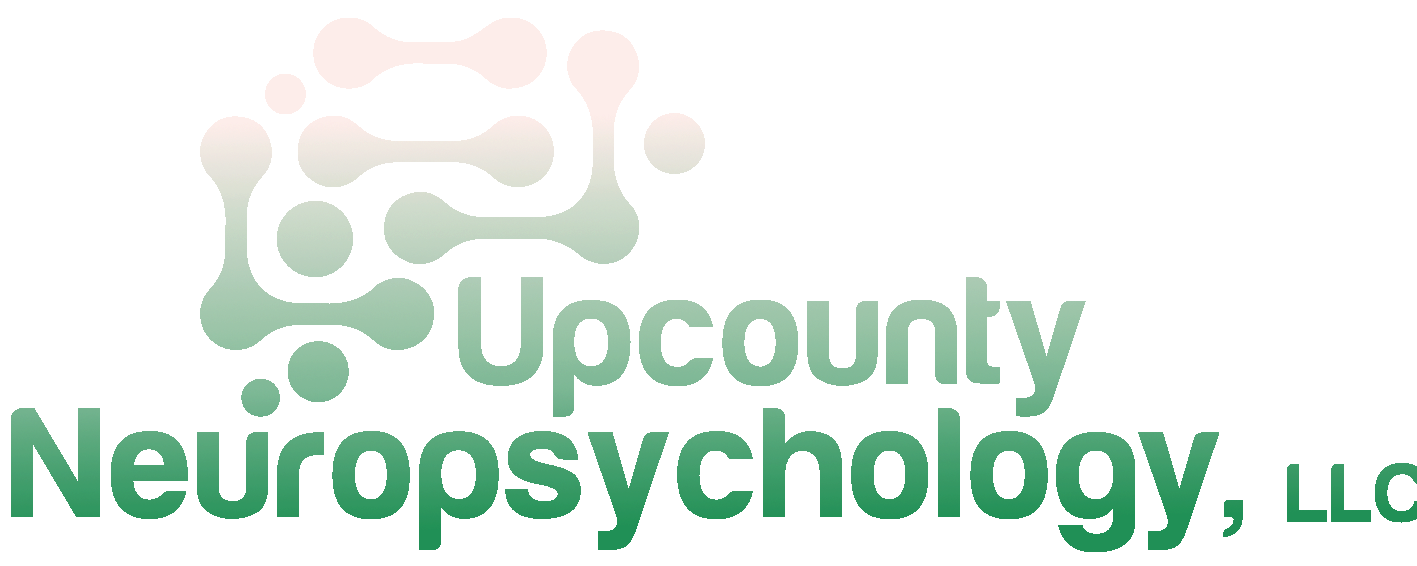
Learning Disorders
Many children struggle in school from time to time. However, when a child tries hard and persistently struggles with a specific set of skills, it could be a sign of a learning disorder. A learning disorder is a neurological condition that interferes with an individual’s ability to acquire and use academic skills in the context of normal intelligence. Learning disorders are very common, occurring in 8-10 percent of the population. About half of children with ADHD, have a learning disorder and vice versa, and many children with learning disorders go on to develop anxiety and/or depression. The most common learning disorders are:
(1) Dyslexia also known as a reading disorder, affects how a person processes language. It affects a person’s ability to read, spell, write, and speak. Children with dyslexia have trouble connecting letters to their sounds and then blending these sounds into words. For example, the word “cat” might be read as “tac.” Because of these mix-ups, reading is a slow and difficult process. Children with dyslexia also may have difficulty putting thoughts together and verbally expressing themselves in conversation.
(2) Dysgraphia affects a person’s writing abilities. People with dysgraphia may have a variety of problems, including:
- Bad handwriting,
- Poor spelling, and/or
- Difficulty putting thoughts down on paper.
(3) Dyscalculia affects a person’s ability to do math. In young children, dyscalculia may affect learning to count or recognizing numbers. As a child gets older, s/he may have trouble solving basic math problems or memorizing multiplication tables.
(4) Dyspraxia affects a person’s motor skills. Motor skills help us with movement and coordination. A young child with dyspraxia may bump into things or have trouble holding a spoon or tying shoelaces. Later, s/he may struggle with things like writing and typing. Other problems associated with dyspraxia include:
- Speech difficulties
- Sensitivity to light, touch, taste, or smell, and/or
- Difficulty with eye movements
Schools typically offer to do educational testing if they suspect that a child has a learning disorder. However, they often determine that the child is not significantly delayed or warranting of in-school assistance until they are performing at least two years below grade level.
We invite you to review the services that Upcounty Neuropsychology offers and to feel free to call us or contact us online for more information or to request an appointment

